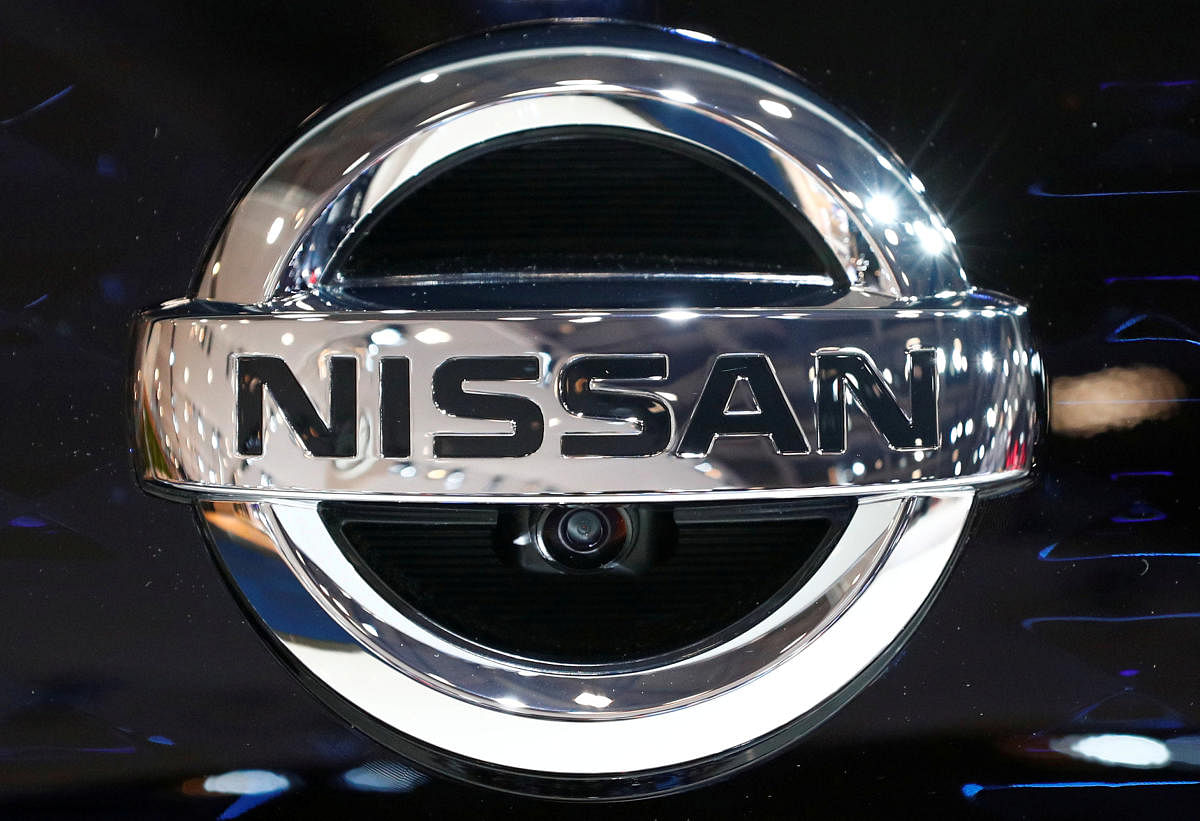
Nissan Motor Co will unveil its plan to become a smaller, more cost-efficient automaker on Thursday as it looks to recover from four years of tumbling profits which are set to culminate in its first annual operating loss in 11 years.
The Japanese carmaker's second recovery plan in less than a year will outline how it will slash fixed costs, streamline its products and shore up cash as it reels from a plunge in sales as the coronavirus pandemic hits demand for cars.
Nissan said in April that it expected to post an annual operating loss of up to 45 billion yen ($417 million) when it announces its results for the year to March 31 at 0800GMT on Thursday, which would be its worst performance since 2008/09.
The automaker sold 4.8 million vehicles in its latest financial year, the second decline in a row and a fall of 13% from last year, knocking it off its perch as Japan's second biggest automaker to trail Toyota and Honda.
The plan will follow a new strategy announced by Nissan and its partners Renault SA and Mitsubishi Motors Corp on Wednesday to work more closely on developing and producing cars to reduce costs and ensure the group's survival.
Even before the spread of the coronavirus, Nissan's sales and profits had been slumping, forcing it to row back on an aggressive expansion plan pursued by ousted leader Carlos Ghosn.
The pandemic has only piled on the urgency and pressure to renew its efforts to downsize.
Nissan's operating profit has tumbled for four consecutive years as its pursuit of market share, particularly in the United States, led to overcapacity at its car plants, steep discounting and a cheapened brand.
The three-year strategy will lay out a path to sustainable profitability and is the vision of Chief Executive Makoto Uchida and Chief Operating Officer Ashwani Gupta, who took over after months of internal turmoil following Ghosn's arrest in 2018.
Under the plan, Nissan will curb its ambitions for sales growth to target annual sales of about 5 million units, Reuters reported in April, a cut from a previous goal of 6 million cars outlined in July by then-CEO Hiroto Saikawa.
Another top priority will be the preservation of cash. As of December, Nissan's automotive operations had negative free cash flow of 670.9 billion yen, a more than six-fold increase from a year ago. ($1 = 107.7800 yen)